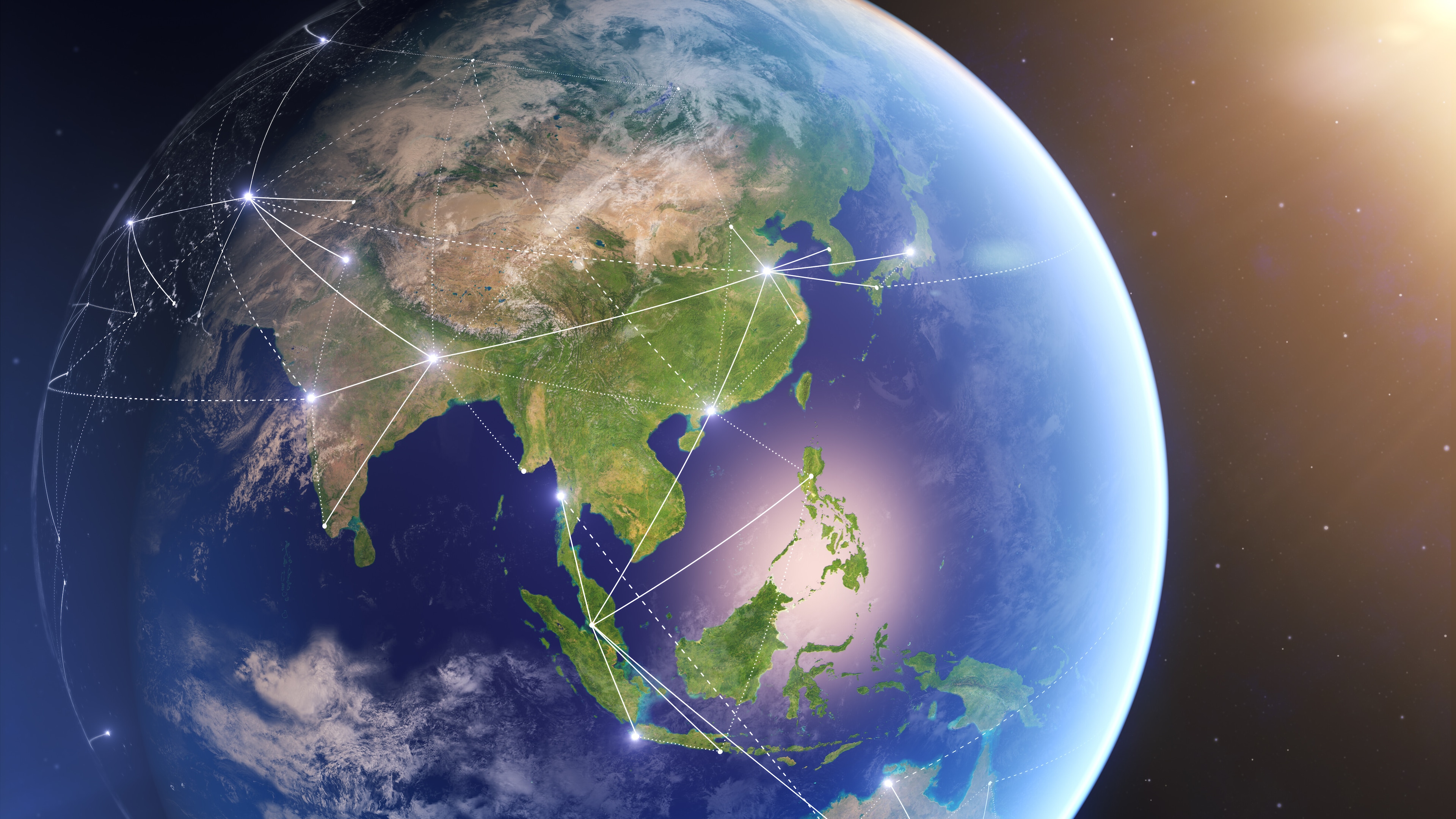How much would you sacrifice to change the world?

Stay up to date:
Hyperconnectivity
I know from personal experience that to launch and grow a social enterprise – even one as modest as my own micro-business school, Aidha – is no small feat. But to build an organization like the eyecare hospital Aravind Eye, or BRAC, which empowers the poor, or Doi Tung, which has become Thailand’s social “incubator”, fostering new businesses … that’s big. That is to fundamentally change the world.
Given the scale of the challenge, it’s distressing to me that there is so much naivety, even within the corporate world, about the trade-offs involved. I remember overhearing a senior executive in corporate social responsibility advising an MBA who was trying to choose between two jobs, one at a not-for-profit and another at a strategic consulting firm. The executive recommended he take neither job and launch his own social enterprise instead. With your own venture, she suggested, you can have it all: get rich and serve the poor.
Is it really that simple? Is all you need the intention to “do good while doing well”, and not worry about the trade-offs? To build profitability into any organization, let alone one that is subsidizing its product and innovating in new markets (or, even more fundamentally, creating new markets) is not for the faint of heart; it takes exceptional leadership. Building a sustainable social enterprise means tough decisions and sacrifice. And much of that sacrifice is of a personal nature.
It’s not so much the low salary or the limited employment benefits. One of the first and most elemental trade-offs social entrepreneurs face is the one between social meaning and money. For every serious social entrepreneur – for anyone who’s really in it to make a positive change – social meaning wins, hands down. Not once, in the five years I have been involved with the Schwab Foundation, have I spoken with a fellow social entrepreneur who has real financial regrets. That doesn’t mean we don’t recognize the opportunity costs we face or we wouldn’t revel in a bit more luxury, or even financial security. But our purpose is clear. For most (could I say all?) Schwab social entrepreneurs, the financial sacrifices are a small matter … at least when we bear the cost ourselves.
However, when the trade-offs affect others, like our families, it’s harder. It’s not so easy to believe saving the world is worth everything when “everything” includes giving your children less. When you can ensure that low-income villagers have access to clean water, the issue of a nicer apartment for yourself is a non-starter. But would you, should you, risk your children’s university education?
Decisions such as these are rarely clear and can be agonizingly difficulty to make.
But the Schwab social entrepreneurs do make these trade-offs, all the time. And I am in awe of them for the ease with which they manage it. They have so much to teach us about innovating, making change, saving the world – and especially about simple management. Sophisticated social entrepreneurs can teach us not just how to confront the trade-offs of business, or how to reconcile them, but more fundamentally how to transcend them.
What is their secret? What makes their commitment so real and uncompromising? Virtually all of the social entrepreneurs I have met are people of faith – not of any particular religious faith, necessarily. But they believe deeply in humanity and its innate value. Theirs is, generally, an “ubuntu”philosophy, a belief that each of us exists in relation to one another. I am because you are. We are collective.
To know that we are social beings isn’t unusual in itself, of course. Even in the most individualistic society, we recognize our relational selves. Think, just for a moment, of many of the terms in which we describe ourselves. I am, for example, a mother, wife, sister, daughter, friend, leader and teacher. These identities are relational. But for many Schwab social entrepreneurs, happiness lies in the work of improving others’ lives. Their lives are richer and happier because they’ve made other people’s lives richer and happier.
For some, this may be existential fluff. But I believe it is a powerfully different way of thinking and being. And leading. It offers an alternative to individualistic modernity and purely capitalist thinking. The social entrepreneur’s style is integrative, sustainable, sharing and very local. It has an impact on management hierarchy, decision rights and patterns of promotion and reward. It encourages partnership and presumes integrity. There can be no beneficiaries per se. We are simply living and working together.
That’s worth something.
The Schwab Foundation’s new manual, Leadership in Social Enterprise: How to Manage Yourself and Your Team, is published today.
Author: Sarah Mavrinac, Founder and Director Emeritus, aidha, United Arab Emirates
Image: A woman waits for the judicial commission to carry out her eviction in Madrid. REUTERS/Susana Vera
Don't miss any update on this topic
Create a free account and access your personalized content collection with our latest publications and analyses.
License and Republishing
World Economic Forum articles may be republished in accordance with the Creative Commons Attribution-NonCommercial-NoDerivatives 4.0 International Public License, and in accordance with our Terms of Use.
The views expressed in this article are those of the author alone and not the World Economic Forum.
Forum Stories newsletter
Bringing you weekly curated insights and analysis on the global issues that matter.
More on BusinessSee all
Elizabeth Henderson and Daniel Murphy
August 8, 2025
António Costa
August 6, 2025
Mauro Gianni and Isidora Kosta
August 4, 2025
Charlotte Degot
August 4, 2025
Li Dongsheng
July 31, 2025
Umesh Sachdev
July 31, 2025





